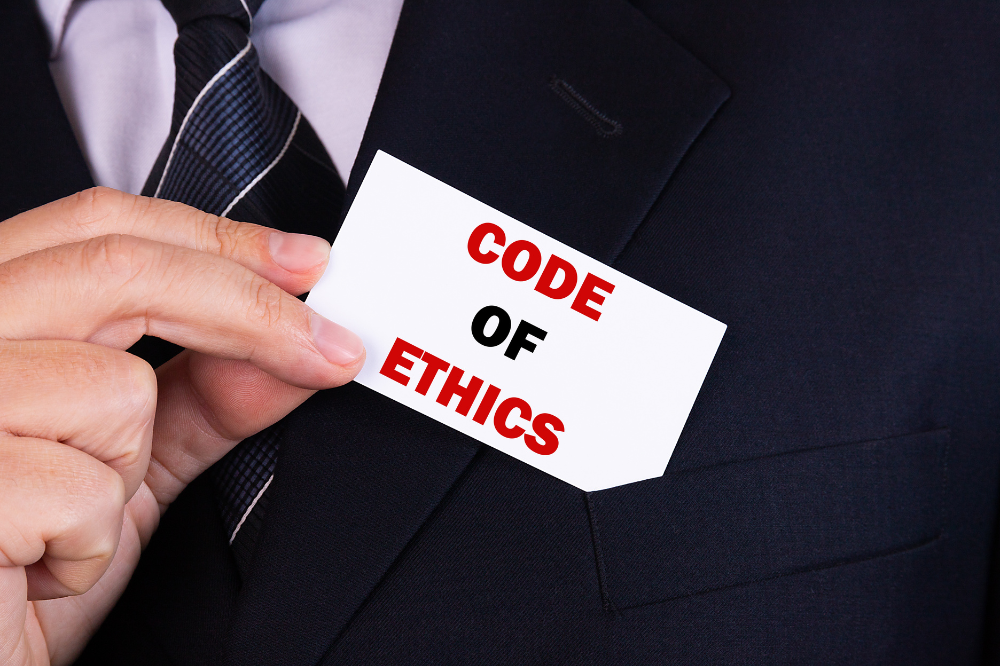
Across Australia’s vast school landscape, principals are juggling a raft of ethical challenges, whether it's navigating complex issues relating to AI and technology use in classrooms, dealing with issues around equity, or discrimination and student autonomy.
Indeed, the way principals handle these dilemmas can have a profound impact on student and community trust, academic integrity, mental health outcomes and overall school culture.
One organisation that understands this well is the Cranlana Centre for Ethical Leadership, which teaches leaders to prioritise and hone their critical reasoning, ethical thinking and moral courage, as an integral part of their leadership practice.
Below, The Educator speaks to the organisation’s CEO, Matt Finnis, who shares his insights on the ethical dilemmas leaders face in 2024, how these dilemmas can be addressed, and how leaders can elevate ethical purpose, standards, and behaviours in their teams.
TE: What types of ethical dilemmas do school leaders face in 2024, and what are some of the emerging challenges in this area that leaders need to be mindful of?
Some key challenges education leaders face are values conflicts, culture wars and competing perspectives. They sit at the crossroads of a range of different stakeholder expectations including those of the general community, parents, students, teachers and professional staff, education departments, donors, alumni, and so on. Each of the people within these groups—as well as the groups themselves—are likely to have strong values differences across certain issues.
Examples of these issues could be the inclusion of gender-diverse students, materials in the curriculum, faith-based education materials, etc. As leaders navigate these disagreements— while simultaneously equipping students to understand and engage with complex and divisive issues—ethical issues can quickly emerge.
Leaders must learn to adapt and navigate a complex system of bureaucracy, governance, budgets and personal politics in order to ensure their school gets what it needs to function well.
TE: How can principals, teachers and school leaders be proactive (not reactive) in preparing for ethical dilemmas?
Principals, teachers and school leaders can be proactive by normalising the ethical dimensions of education and schooling with stakeholders. When everyone is aware that a risk exists, it becomes easier to discuss it in a level-headed manner. Just like when the temperature is turned down, things are less likely to blow up! If school leaders can make explicit the challenges their school community faces along with the ethical values and principles they will use to address them, they will be more equipped to navigate them.
Educators should also prioritise building allies. Leaders are less likely to fall into competition over resources, antagonism around values differences, or to allow ethics to fade into the background if they have a coalition of people working toward the same cause, who share similar ethical convictions.
Before tensions arise, educators should ensure they have a strong relationship with those involved, allowing them to connect and engage as people first, and adversaries second.
TE: What are some practical strategies principals can implement to address ethical or integrity dilemmas?
Most of the ethical problems leaders encounter today arise from short-termism.
When leaders focus solely on the short term, they’re more likely to justify small compromises and deviations from their core mission and values. It’s much easier to rationalise deviating from our ethical true north if we believe it’s a momentary ‘blip on the radar’. Although, these decisions are often much harder to justify when we consider the long tail of those decisions. It’s important for leaders to consider if the outcome is worth straying from their ethical true north for, and whether the outcome will really matter in a year, or five years—because the damage to their organisational culture, character and reputation likely will.
Short-termism also leads to an excessive focus on outcomes at the expense of process. When leaders fall into this trap, they are more inclined to find the most efficient way to resolve an issue, rather than the most ethical one. In comparison, leaders who are less focused on the outcome will engage in a good-faith process to address the source of the conflict, trusting that the best outcome will be the one that’s arrived at through a fair, respectful and equitable process.
TE: How can principals elevate ethical purpose, standards, and behaviours in their teams?
Most educators will be familiar with behaviour reinforcement—they likely use it in their classes all the time—the behaviour you reward is the behaviour you will get.
Education leaders should consider the ‘rewards’ available to staff at their school. This could be promotions, status, professional development opportunities, or public acknowledgement from leadership. What kind of behaviour earns people these rewards? Is it given for behaviour that is consistent with the school’s values and ethical commitments? Or are people rewarded on the basis of outcomes alone and for delivering short-term results? If it’s the latter, leaders shouldn’t be surprised if that’s the behaviour they get.
To address this pattern, educators need to change the frame to change the game. Research tells us that when people are tasked with making an ethical decision in a complex situation, they’re able to do so over 90% of the time. But when the same group of people are told to make a good management decision, they do so less than half the time. When leaders are vocal in prioritising ethics, and their behaviour backs this up, it brings out the best in the people around them. When ethics is implicit rather than explicit, it will always be a second-class citizen in decision-making and will be overlooked at the first sign of trouble.


